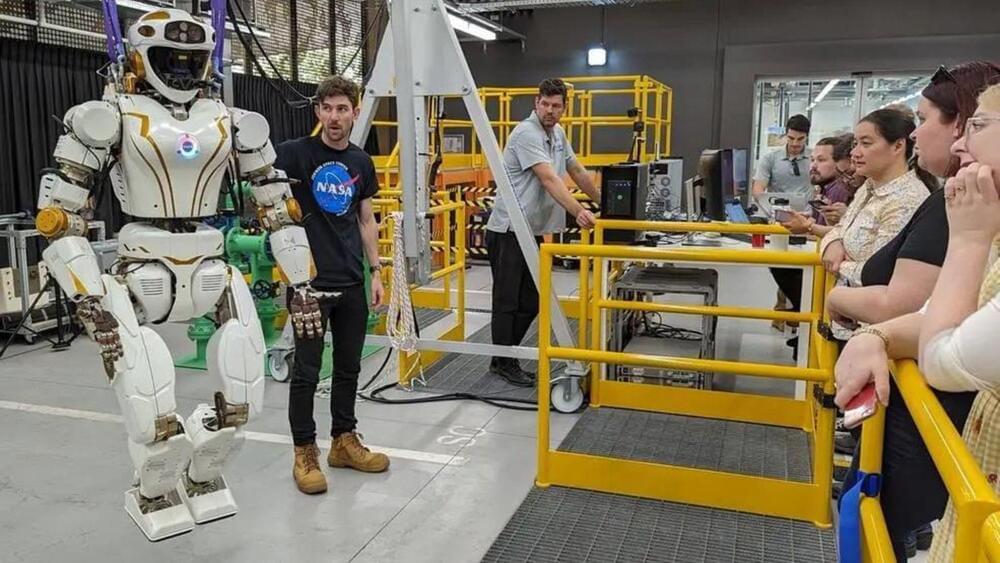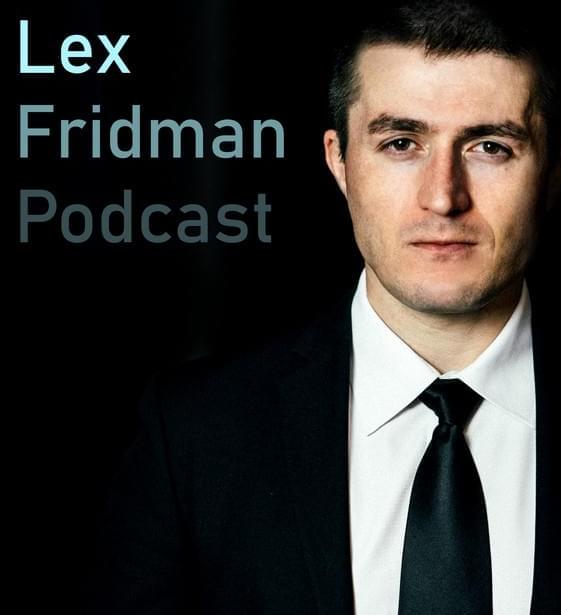The launch was delayed twice this month due to weather and technical issues.
SpaceX did not show any footage of the X-37B separating from the rocket’s second stage, as the mission was shrouded in secrecy. The X-37B, which looks like a miniature version of the space shuttle, is an autonomous reusable vehicle that can stay in orbit for years, performing various experiments and maneuvers. It is operated by the Air Force in partnership with the Space Force and built by Boeing. There are two X-37B spacecraft in the fleet, and they have flown six missions since 2010.
Standing by for launch of USSF-52 and the X-37B mission this evening using a SpaceX Falcon Heavy rocket at Kennedy Space Center! #SpaceSystemsCommand #USSF #PartnersInSpace pic.twitter.com/eraa6dwqix — Space Systems Command (@USSF_SSC) December 28, 2023
The X-37B had previously been launched on United Launch Alliance’s Atlas 5 rocket five times and on SpaceX’s Falcon 9 rocket once. SpaceX won a $130 million contract in June 2018 to launch the OTV-7 mission on the Falcon Heavy, which can deliver heavier and larger payloads to higher orbits than the other rockets.







